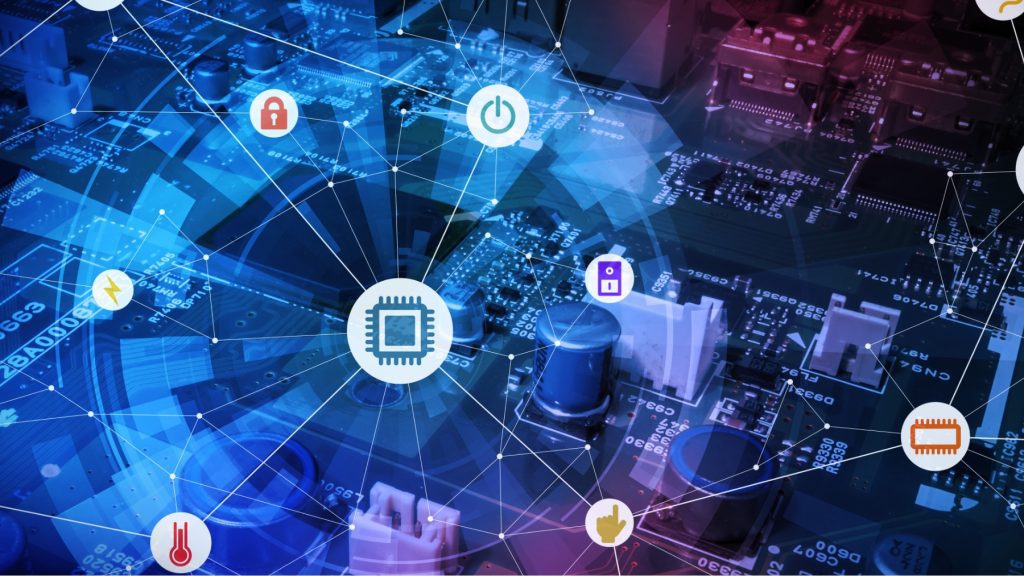 Sensor-Based Chips Sensing the Future
Sensor-Based Chips Sensing the Future Sensor-based chips are integrated sensors chips that detect and measure physical or chemical quantities. They can be used for plenty of applications like electronics, automotive, and healthcare.
Sensor-based chips contribute to many technologies. For example, they are used in smartphones and wearables to track fitness and health data, in cars to control safety systems such as ABS and airbags, and in medical devices to monitor patients’ vital signs.
But what exactly is their purpose?!
The purpose is to provide precise and trustworthy information about the physical and chemical environment. This data can be used to control systems, make decisions, or simply deliver information to users.
It holds variety of technologies, optical, electrical, and mechanical sensors.
It includes many types:
- Temperature sensors
- Pressure sensors
- Humidity sensors
- Gas sensors
- Chemical sensors
- Motion sensors
- Image sensors
How do these sensors collect data?
The manner in which sensor-based chips gather data differs according to the specific sensor in use. For instance, optical sensors rely on light to establish alterations in the surroundings, whereas electrical sensors control shifts in electrical current or voltage to perceive environmental changes.
The applications of the sensor-based chips are wide ranging:
- Electronics like smartphones and wearables: Smartphones can use sensor-based chips to track the user’s location and motion. As well as for the wearables where the fitness trackers and smartwatches use chips to track here the user’s heart rate, steps and other fitness metrics.
- Automotive industry like ABS and airbags: Sensor-based chips are also used in the automotive industry. For example, ABS systems use sensor-based chips to prevent the wheels from slipping. While for the airbags systems, to detect collisions and deploy airbags accordingly.
- Healthcare use: For monitoring patient’s heart rate and adjusting the needed pacing. On top of that, it monitors the blood glucose levels and measures it for the patient.
Let’s not forget their everyday use.
For instance, they can detect the pressure in your tires so that it warns you if the pressure is low.
Smokers. Focus. Try to focus without burning the nicotine in your lungs. The chemical sensor in your smoke detector reveals the smoke and smoke and sparks for the alarm for the presence of the smoke.
It’s truly amusing how such chips can sensor mainly everything, it’s literally integrated into every aspect of our lives. Their importance keeps on increasing in the days to come. As sensor-based chips become more complex and affordable, it’ll enhance our lives in even more applications.
Inside Telecom provides you with an extensive list of content covering all aspects of the tech industry. Keep an eye on our Tech sections to stay informed and up-to-date with our daily articles.